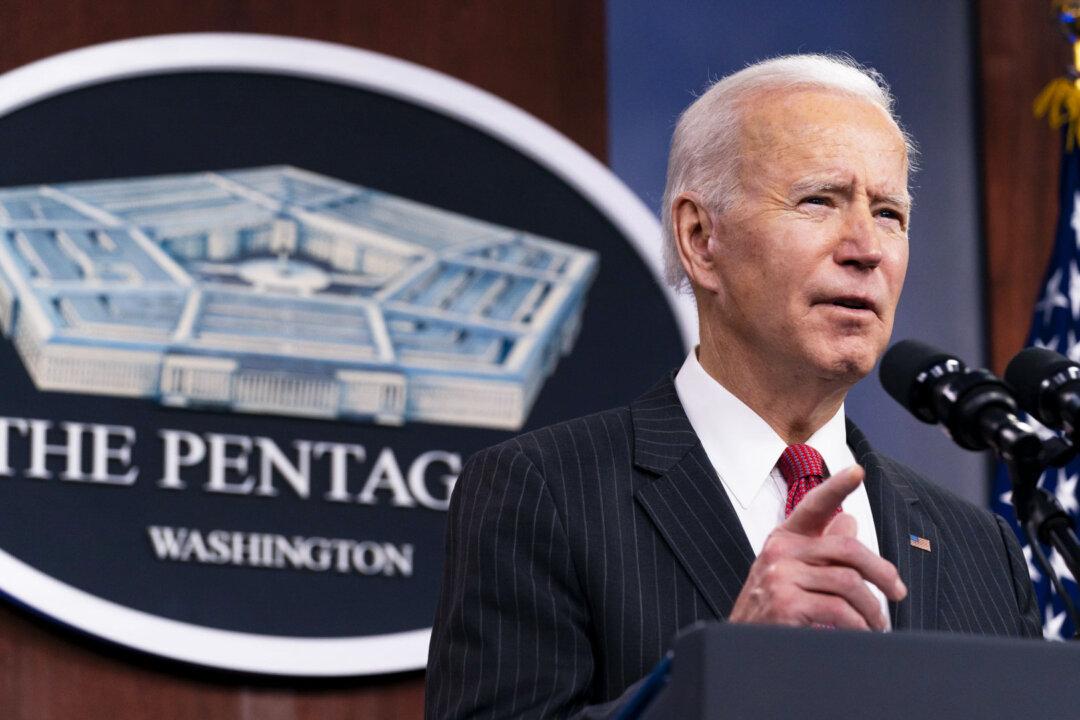President Joe Biden signed the 2025 National Defense Authorization Act (NDAA) into law on Dec. 23, approving an $895 billion military spending authorization despite some pushback from fellow Democrats.
“While I am pleased to support the critical objectives of the Act, I note that certain provisions of the Act raise concerns,” Biden said in a Monday night statement.





